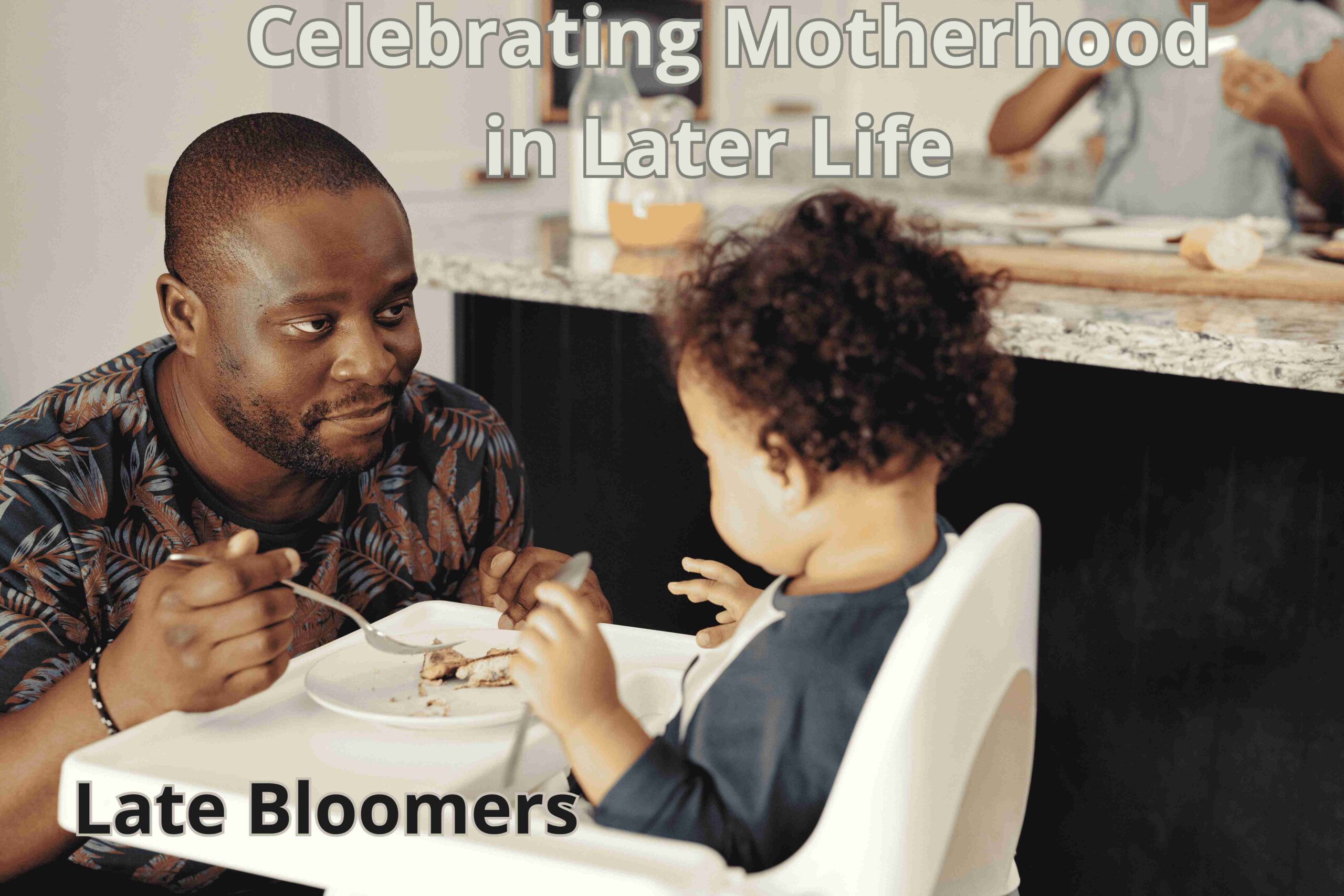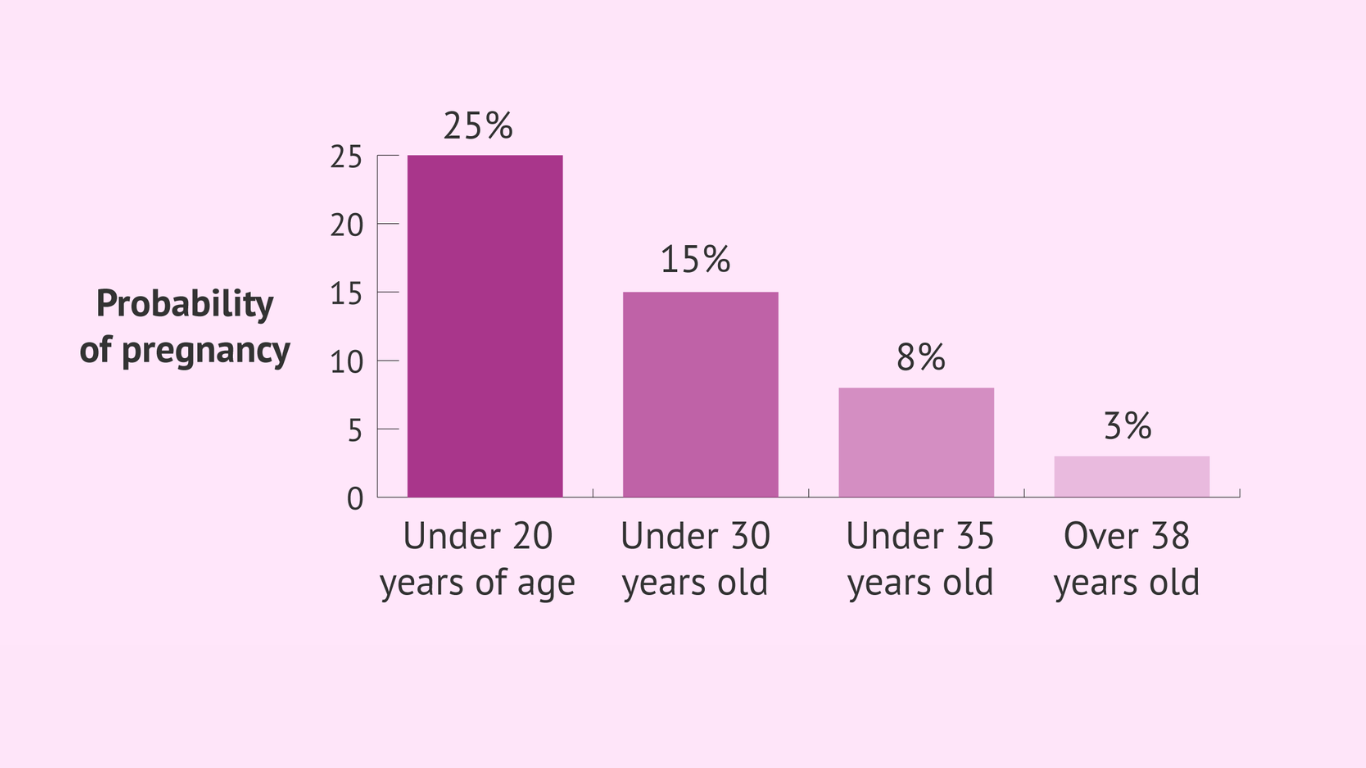Embracing motherhood later in life is a growing trend that brings both joy and unique challenges. In this article, we’ll explore the beauty of becoming a mother in later years, the advantages, and the considerations that late bloomers should keep in mind. Join us on this celebratory journey of late-life motherhood and discover why it’s a remarkable and empowering experience.
The Rise of Late-Life Motherhood
Late-life motherhood is on the rise, challenging traditional perceptions of when women should start their families. Societal shifts, advancements in reproductive technology, and changing perspectives on career and personal development have contributed to this growing trend. In celebrating motherhood in later life, we recognize the diversity of paths that lead women to this fulfilling stage.
Advantages and Unique Perspectives
- Emotional Maturity:
Becoming a mother later in life often comes with emotional maturity and a strong sense of self. These qualities can positively impact parenting, fostering a stable and nurturing environment for the child. - Financial Stability:
Late bloomers may have established careers and financial stability, providing a solid foundation for their families. This can translate into a more comfortable and secure upbringing for the child. - Life Experience:
Accumulated life experiences can enrich parenting skills. Late bloomers often bring a wealth of wisdom and varied perspectives to their role as mothers, enhancing the child’s exposure to diverse aspects of life.
Considerations and Challenges
While late-life motherhood is undoubtedly rewarding, it comes with its own set of considerations and challenges.
- Physical Considerations:
The physical demands of pregnancy and childbirth may be different for women in later years. It’s crucial for late bloomers to maintain a healthy lifestyle and consult with healthcare professionals to ensure a smooth pregnancy. - Support System:
Building a robust support system is essential. Late bloomers may need assistance with childcare, especially considering the potential generation gap between them and other parents. - Long-Term Planning:
Late-life mothers should consider long-term planning for their child’s future. This includes estate planning, education funds, and ensuring there is a support network in place for the child’s evolving needs.
Breaking Stereotypes and Celebrating Diversity
Late bloomers challenge societal stereotypes surrounding motherhood and demonstrate that there is no one-size-fits-all approach to building a family. Celebrating the diversity of family structures and paths to motherhood is essential for fostering an inclusive and supportive society.
Late bloomers are rewriting the narrative of motherhood, proving that the journey to becoming a mother is as unique as the individuals embarking on it. By celebrating late-life motherhood, we honor the strength, resilience, and love that women bring to this transformative experience. Whether it’s the result of choice, circumstance, or a combination of both, late-life motherhood deserves recognition and celebration. It’s a testament to the evolving landscape of family dynamics and the empowering notion that it’s never too late to embrace the joys of motherhood.









